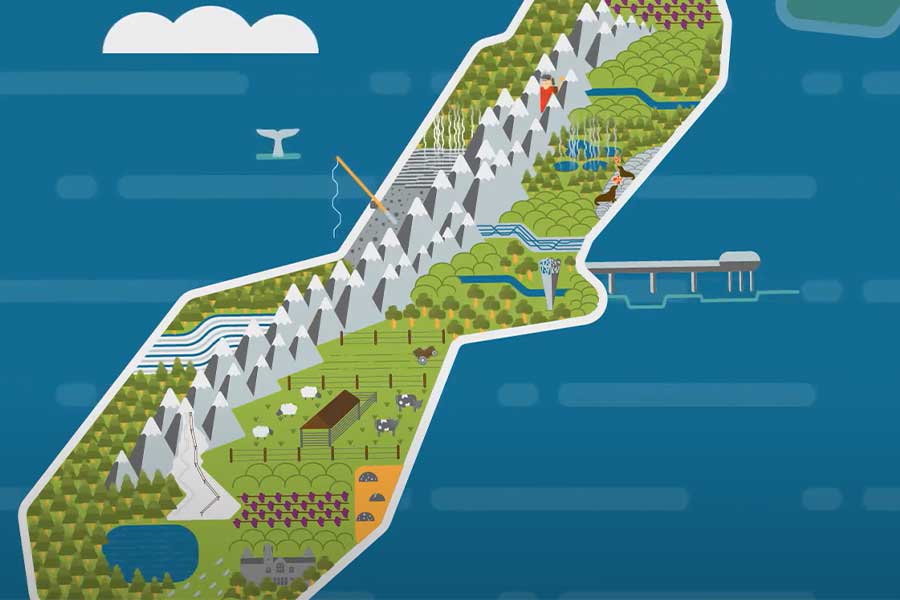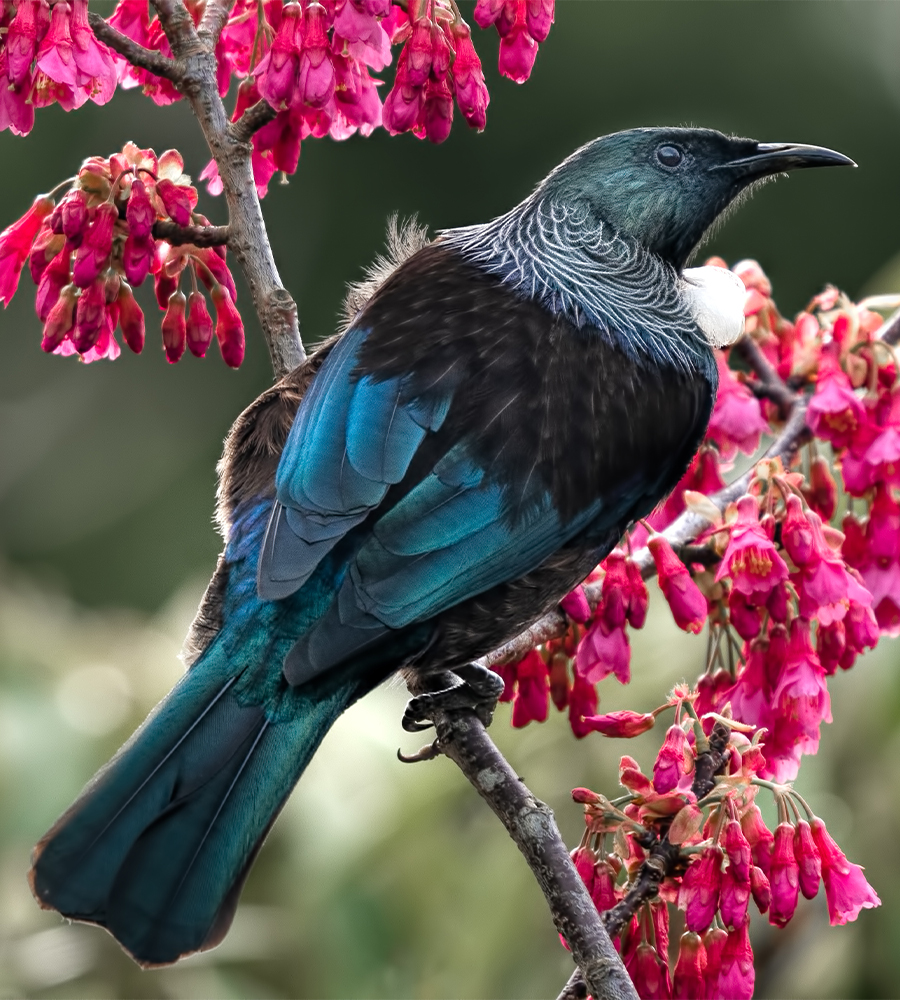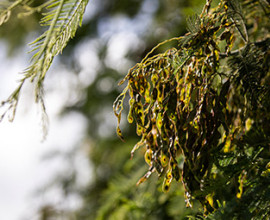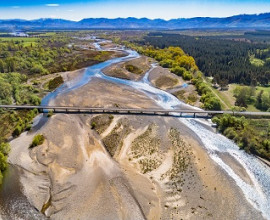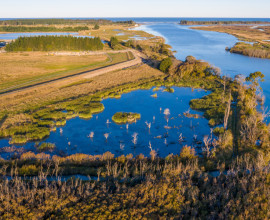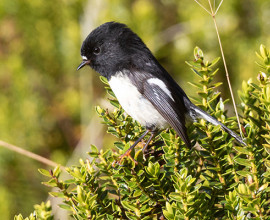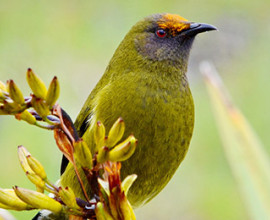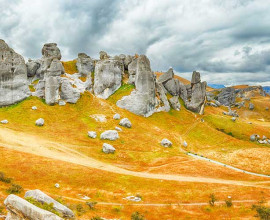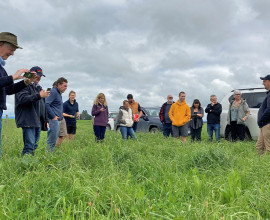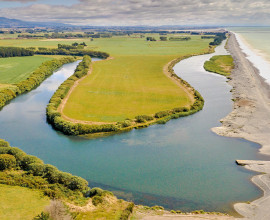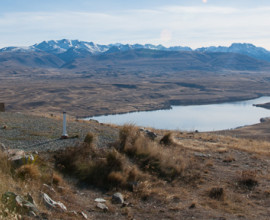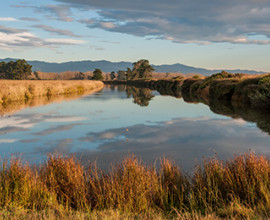About our water zone committees
Water zone committees develop actions and tactics to deliver on the 10 targets of the Canterbury Water Management Strategy (CWMS) in their zone.
Water zone committees are made up of people with a wide range of interests in water who have a strong connection to the zone.
-
Committees meet monthly, and meetings are open to the public. View upcoming meetings.
- View latest events, committee news and projects (you can filter by area and by subject, to see what's relevant to you).
- Sign-up to our water zone mailing list.
- And if you're unsure which water zone you are in, you can see your water zone on the map (JPG file, 117 KB).
Actions and tactics
Water zone committees recommend actions and tactics to councils and other organisations involved in water management, which are recorded in Zone Implementation Programmes (ZIPs). View ZIPs for each water zone.
Committees oversee and champion the implementation of these recommendations by Environment Canterbury and other CWMS partners.
Operating philosophy
- Zone committees give effect to the fundamental principles, targets and goals of the CWMS.
- Zone committees are culturally sensitive, observing tikanga Māori.
- Zone committees consider to, and balance the interests of all water stakeholders in the region, in debate and decision-making.
- Zone committees work in a collaborative and co-operative manner using the best endeavours to reach solutions that take account of the interests of all sectors of the community.
- Members of zone committees are appointed based on their experience and knowledge and do not represent a particular interest or group. Accordingly, members will contribute their knowledge and perspective but not promote the views or positions of any particular interest or stakeholder group.
- Zone committees promote a shift in philosophy from an individual rights basis towards using water resources to a collective interests approach to water management.
- Committees will seek consensus in decision-making where at all possible. Where unanimous agreement is not able to be reached, despite the best endeavours of members, a decision may be taken if, in the view of the significant majority (i.e. 75 per cent or more of members), it represents the best interest of all sectors of the community.
- Meetings of zone committees shall be called and operate under the requirements of the Local Government Official Information and Meetings Act 1987.
- If neither unanimous agreement can be reached nor a significant majority view is formed, zone committees must in the first instance seek assistance from an external facilitator to further committee discussions and deliberations.
- Where zone committees are unable to reach a consensus (75 percent or more), despite having sought assistance and exhausted all avenues, they must recommend that respective councils disband them and appoint a new committee.
How are zone committee members selected?
Water zone committee members are appointed after councils advertise for expressions of interest from the community.
Applicants are assessed on skills, expertise and experience, as well as their ability to work together to develop water management solutions to economic, social, cultural and environmental issues.
Each water zone committee has between seven and 10 members, including:
- An Environment Canterbury appointee
- A local territorial authority councillor
- A rūnanga appointee
- Between four and six local members nominated from the community who come from a variety of backgrounds and interests.
Members serve for three years, meeting every few weeks to gather information from stakeholders and the community to ensure all interests are represented.
Our water zone committees
Water zone committees develop actions and tactics to deliver on the 10 targets of the Canterbury Water Management Strategy (CWMS) in their zone. Find out more about our water zone committees and their roles and responsibilities.
- Kaikōura water zone committee
- Waimakariri water zone committee
- Christchurch West Melton water zone committee
- Banks Peninsula water zone committee
- Selwyn Waihora water zone committee
- Ashburton water zone committee
- Ōrāri Temuka Ōpihi Pareora water zone committee
- Upper Waitaki water zone committee
- Lower Waitaki South Coastal Canterbury water zone committee
Useful contacts
Murray Griffin — Team leader 027 705 4798 murray.griffin@ecan.govt.nz
Stephen Bragg — Tangata whenua facilitator 027 487 3892 stephen.bragg@ecan.govt.nz


